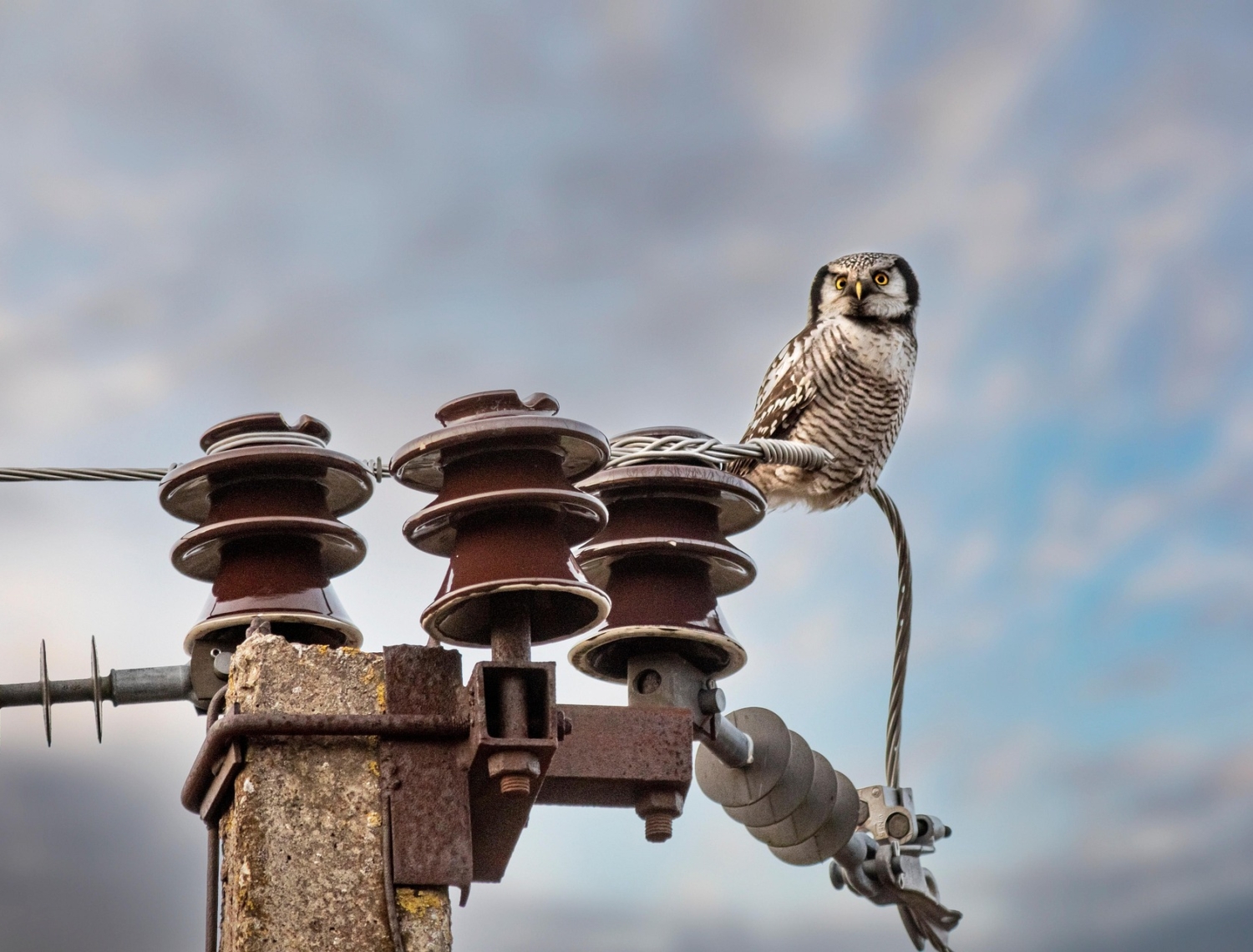Welcome to Coworking, a recurring feature in The Download where we highlight some of the folks working in the business of podcasting. If you’d like to toss your hat in the ring and answer some questions, drop us a line!

What’s a moment in your career that shaped how you approach podcasting?
I started out in education – a learning technologist at a university in Edinburgh, in Scotland – and that’s where I ran my first podcast. I saw that podcast as just another way to deliver a course, so I put the same type of format and structure into it as I would any other. That meant a series/season, where each episode taught something that built on the learnings of the previous. It meant structure in the episode, like a proper intro summary, then the theory, then the examples, then the homework. And, oh, the homework! Most podcasters who teach anything still completely miss the mark with this, not giving a set of actionable steps at the end to make sure the listener has something to do with what they just learned.
This still completely shapes how I podcast today, and how I teach other podcasters. Even an entertainment show, or a news show can benefit from better structure and some real takeaways at the end.
What’s the biggest misconception about your role in the podcast industry?
Honestly, I’m not even sure what my role is these days!
I started out as a writer and a podcaster. Still am. But I’m now also a YouTuber, and a LinkedIN educator. Then, I’m a business owner and operator. A software founder, a SAAS product manager. I’m a manager and a colleague. I’m a bookkeeper at times, an office cleaner at others. A salesman, a marketer, a strategist.
I suspect a lot of folks in the industry wear just as many hats, or more, since we’re mostly a collection of small, happy companies, trying to do big things with what we’ve got. So, to be honest, I think the biggest misconceptions about my role are probably the ones I have myself, wondering (mostly cheerfully!) what on earth I got myself into 🤣
What’s a tool or software you couldn’t live without for operations?
We use Asana for our full content publishing workflow, but it’s less about the tool, and more about the process. Specifically automations! We have 3 writers on our team, and a range of contributors, and the only way we can coordinate that and get a range of articles out every week, like clockwork, is through our Asana automations. We have forms and triggers for just about everything, from idea pitches and approval, to final editing and hitting that publish button. There are 20+ steps in completing an article, so every time one of them is completed, it triggers the next action and assigns it to that person – eg. 1st draft completion, triggers a task for Matthew, our content lead, to edit it.
You could do this in a lot of task management tools, but Asana does handle it really nicely. It would be a big build to create this while workflow elsewhere, so they’ve got us well locked in!
What’s the biggest strategic challenge facing podcasting today?
I think the biggest challenge is keeping Indie Podcasters coming into the industry, and sticking, under the constant pressure of producing video. I’ve seen a real increase in attrition in the early stages, as well as a big drop in people even starting a show, because they believe the only way to create a successful show is by including video.
Yes, it works for some shows, but for most, it’s a killer. The increased gear requirements, technical knowledge, production time, and costs are just one thing. Then there’s all the extra publishing requirements to make best use of that video.
Indie podcasters are trying to do it, and it’s killing shows on the vine by the bucketload.
Video podcasting is great, and isn’t going anywhere, but we need to shift the narrative to show that audio podcasting is still alive and well and growing, and still the best option for the vast marjority of shows. Or at least, that it’s a great way to start, to earn your chops, to start to monetise, and then only to expand into video once you have validation of your concept, and a bit of resource to invest into it. That could be 1 or 2 years into your journey, or longer. But somehow educating podcasters around what it actually takes to produce a Joe Rogan type of show is vital, and the bringing up examples of audio-only shows that are still growing like mad.
What’s one decision you made that had a major impact on your company’s growth?
Most definitely, the biggest factor was adding a software element to our content company. We were a media company only, until around 2017. I’d been teaching podcasting since about 2008, and writing about it on thePodcastHost.com since 2011. We’d grown a great audience by that point, and were getting 50 to 100 email signups every day. The (accidentally?) smartest thing I ever did was add an automated reply email to our list, which wrote back and said, simply: “What are you struggling with in your podcasting right now?”
The replies I got to that were absolute gold. It showered us with problems and questions, direct from our audience, which powered our content ideas for years. We built courses to tackle them, and services to help solve them.
And then, the one that came up most often, by miles: “How can I make editing easier?”
So, I was nerdy enough to start playing around with software and command line tools to see if I could script up at least something of an automated flow to cleanup and build a podcast episode, initially just noise reduction, levelling and adding music to either end, with a fade.
About a year later, after bringing on a proper engineer, we had the first version of Alitu. That audience feedback continued to direct how we built Alitu, adding more assistance, more automations, so that eventually we had call recording, audio cleanup, audio editing and podcast hosting, all in one package.
We’re a pretty small team by comparison to a lot in the industry, and I think the only way we’ve built a product that 1000s of users really love is because we were content first, audience first, and then just asked them what they wanted us to help with. Once you have that feedback, though, adding a tool or software is one hell of a great way to grow a content business into something else entirely!
What’s the most important leadership lesson you’ve learned in podcasting?
Podcasting is a creative industry and draws in really fascinating, creative people. It’s even more important in our industry, as a result, to offer creative freedom in how people work. We leave a lot of latitude for our team to have control over projects, to lead their own areas, to take ownership over particular aspects of what we do. That’s valuable in any industry, of course, but I’ve found it’s absolutely vital in ours.

















































































































































































































